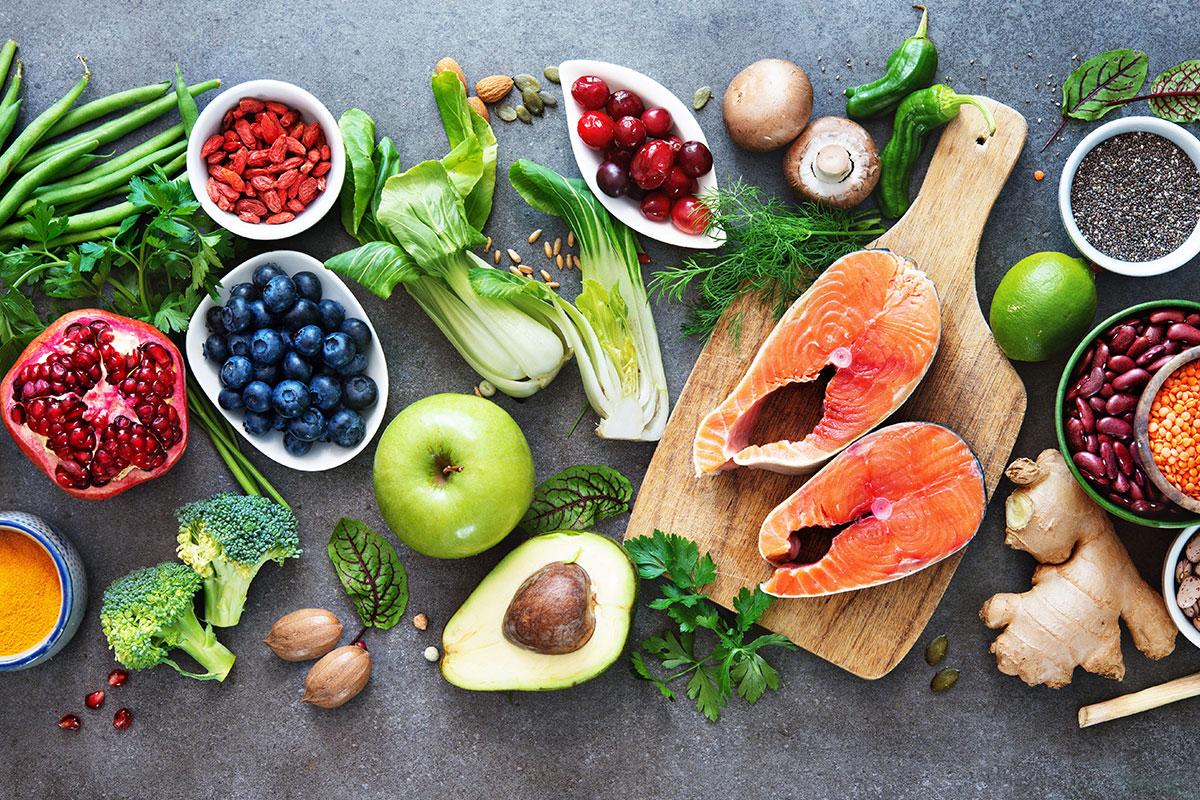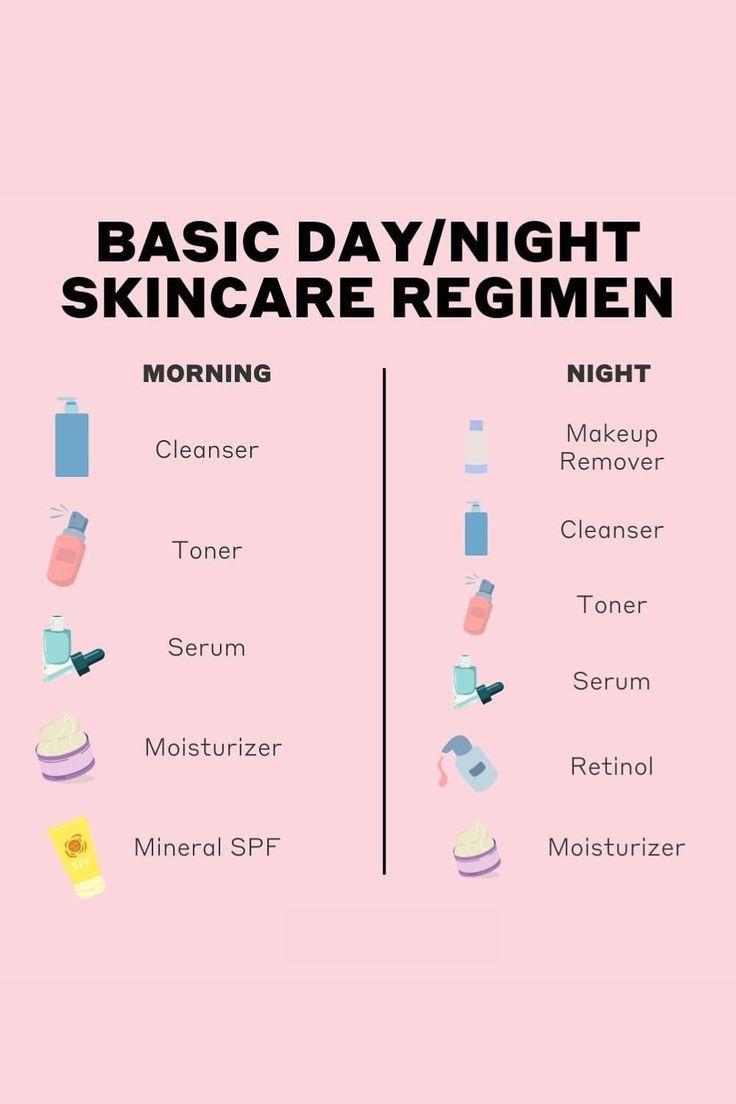Building muscle is a goal that demands more than just dedication in the gym; it requires a strategic approach to nutrition that fuels growth and recovery. Yet, many aspiring athletes and fitness enthusiasts find themselves stalled, despite their best efforts, due to common dietary missteps. In this article, we will guide you through the maze of nutritional challenges that often hinder muscle growth. By identifying and avoiding these diet pitfalls, you can optimize your muscle-building journey and achieve the results you’ve been working towards. Prepare to transform your approach to nutrition with practical, science-backed strategies that will propel your progress and maximize your gains.
Understand Your Nutritional Needs for Optimal Muscle Growth
To truly maximize muscle growth, understanding your nutritional requirements is crucial. The journey starts with a solid foundation of macronutrients: proteins, carbohydrates, and fats. Each plays a vital role in muscle development. Ensure your diet includes:
- Proteins: Aim for high-quality sources like lean meats, eggs, and legumes to support muscle repair and growth.
- Carbohydrates: Opt for complex carbs such as brown rice, quinoa, and sweet potatoes to fuel your workouts and replenish glycogen stores.
- Fats: Incorporate healthy fats from avocados, nuts, and olive oil to aid hormone production and overall health.
Equally important are micronutrients such as vitamins and minerals. Don’t overlook these essential elements, as they facilitate crucial processes like energy production and muscle contraction. Ensure a varied diet rich in fruits and vegetables to cover your bases. Remember, a balanced approach not only fuels your gains but also helps avoid common pitfalls like nutrient deficiencies that could hinder your progress.
Identify and Eliminate Hidden Sugar Sources
While pursuing muscle growth, many fitness enthusiasts overlook the stealthy invaders in their diets: hidden sugars. These sugars can sabotage your nutrition plan, leading to energy crashes and unwanted fat gain. To combat this, start by scrutinizing ingredient lists on packaged foods. Common culprits include high-fructose corn syrup, dextrose, and maltose, which often masquerade under innocuous labels. Even products marketed as “healthy” like yogurt, granola, and protein bars can be sugar traps.
To protect your gains, prioritize whole foods over processed ones. Consider these simple swaps to reduce sugar intake:
- Replace sugary breakfast cereals with oats or quinoa topped with fresh fruit.
- Choose natural nut butters without added sugars instead of flavored spreads.
- Opt for homemade salad dressings using olive oil and vinegar instead of store-bought varieties laden with sugar.
By staying vigilant and making these small adjustments, you’ll create a more conducive environment for muscle growth and overall health.
Master the Art of Meal Timing for Enhanced Muscle Recovery
Achieving optimal muscle recovery is not just about what you eat, but also when you eat. Timing your meals strategically can significantly boost muscle repair and growth, helping you reach your fitness goals faster. Begin by focusing on the post-workout window, which is often dubbed the “anabolic window” for a reason. Consuming a balanced meal rich in protein and carbohydrates within 30 to 60 minutes after your workout can replenish glycogen stores and kickstart muscle protein synthesis.
- Pre-Workout Nutrition: Ensure you have a meal containing both protein and carbs about 1-3 hours before exercising. This fuels your workout and primes your muscles for recovery.
- Post-Workout Fuel: Prioritize protein intake to repair and build muscle tissues. Aim for about 20-40 grams of high-quality protein.
- Frequent Meals: Eating every 3-4 hours can maintain a positive nitrogen balance, promoting a continual muscle-building state.
Remember, consistency in meal timing is key. By aligning your eating schedule with your training, you enhance nutrient absorption and recovery, paving the way for more effective muscle growth.
Prioritize Protein Intake to Support Muscle Repair and Growth
To truly harness the power of your workouts and ensure your muscles are getting the support they need, integrating a strategic approach to protein consumption is crucial. Protein is the building block of muscle tissue, and without adequate intake, your body may struggle to repair and grow. Consider the following tips to optimize your protein intake:
- Distribute Protein Throughout the Day: Instead of consuming a large portion in one meal, aim to spread your protein intake evenly across all meals and snacks. This approach helps maintain a steady supply of amino acids for muscle synthesis.
- Choose Quality Sources: Opt for lean meats, fish, eggs, dairy products, and plant-based options like beans and lentils. These not only provide essential amino acids but also offer other nutrients crucial for overall health.
- Incorporate Protein Post-Workout: Consuming a protein-rich snack or meal within 30 minutes of exercising can significantly enhance muscle recovery and growth. Consider a protein shake, Greek yogurt, or a handful of nuts.
By focusing on these strategies, you can effectively avoid common dietary pitfalls and give your muscles the nutrients they need to thrive.




